7 July 2021
From me, to Euros
Read More
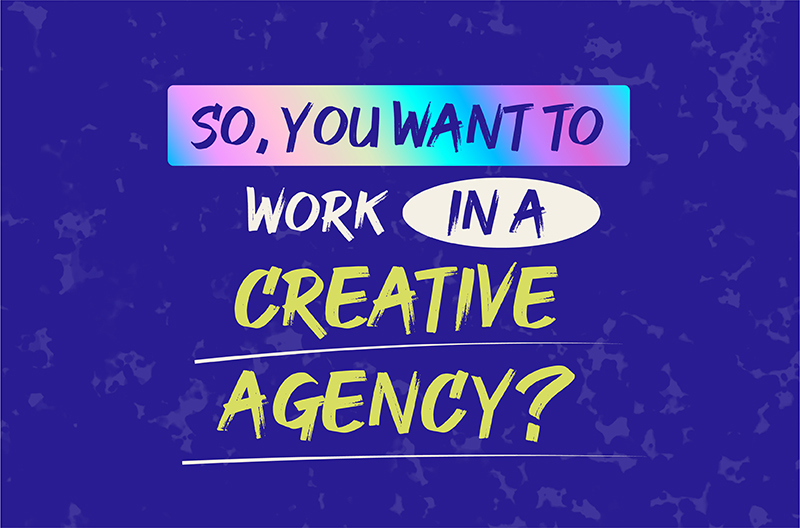
There’s nothing quite like working in an agency.
(No, I haven’t been paid to say that).
No two days are the same. You work with exciting clients across a range of industries and sectors (some that you never even knew existed) and, best of all, you’re part of a team with one shared goal: to make great work that stands out.
That doesn’t mean that getting the job in the first place isn’t a daunting prospect.
Truth is, there’s literally never been a better time to get into an agency role – whether that be in Development, Design or Content. You’re not restricted by degrees or university – there are so many avenues that all lead to the same place – all you need to have really is a willingness to learn.
When I was looking for my first “proper” marketing job, I was 19, fresh out of a less-than-ideal apprenticeship and hadn’t been to university. I knew I had some knowledge but no experience to back it up. Thankfully, when you meet the right people – who are willing to give you a chance – you will never look back (and, hopefully, they won’t either).
So, ahead of the job-hunting summer after university (or if you’re thinking of bypassing higher education entirely and heading straight into work), I’ve rounded up some of our best pearls of wisdom, to help you land an interview, and hopefully score the job.
After all, we’ve been there, done that (even if we are still waiting for the t-shirt)!
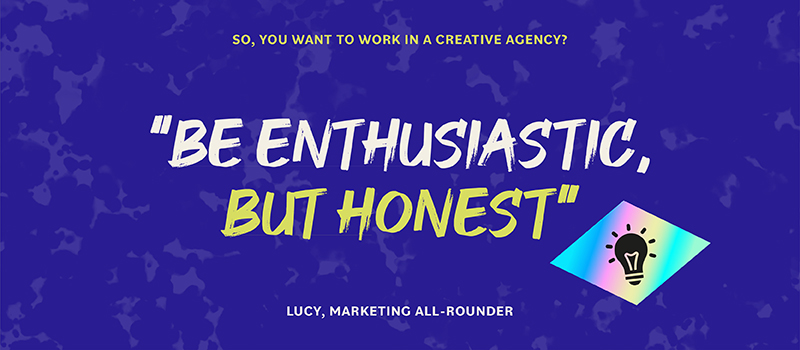
All roads can lead to a job in an agency. Whether you’re a recent graduate or looking for a change of career, the key is to have faith in your abilities.
That being said, you shouldn’t be dishonest once you’ve scored an interview (you will be found out). You don’t want to make bold claims about your expertise if you can’t capitalise on it when needed. Working in an agency (especially in marketing) means there will always be something new to learn – and you’ll be expected to grow and adapt in-line with the latest developments.
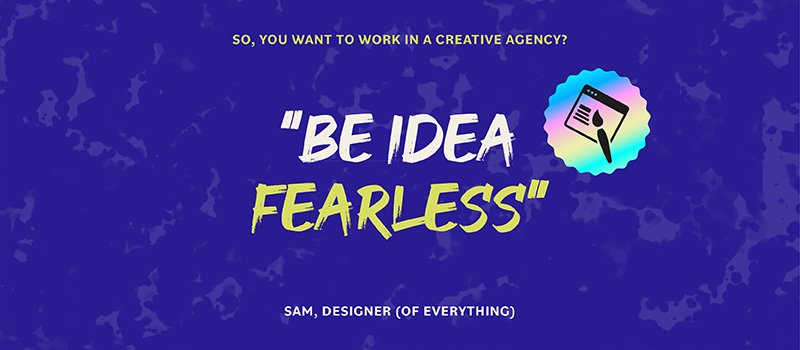
In an agency, there will be ample opportunities for idea generation and brainstorming. When it comes to this, don’t be afraid to put your ‘silly’ idea out there.
More often than not, that idea you don’t think is very good may spark something in someone else and then as a group you could come up with the idea that will change the world (or just a really good one for a client).
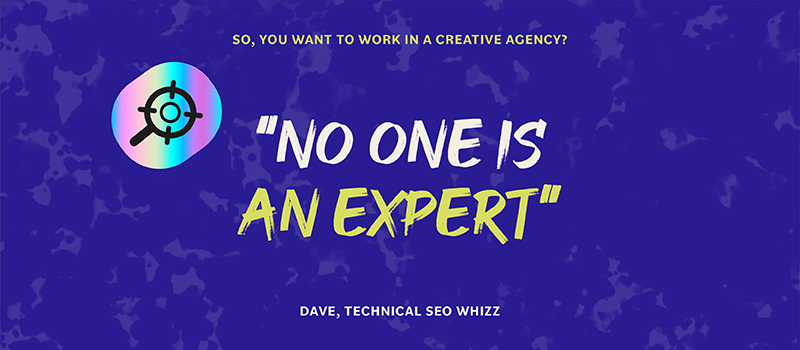
Nobody is expecting you to have all the experience in the world; but there is always something new to learn – especially if you choose a technical field like SEO or PPC.
The main thing to keep in mind is that the fundamentals have stayed largely consistent since the dawn of Google; Focus on the user and all else will follow. Whilst you don’t need developer-level skills, a little technical knowledge can go a long way. So, study those basics, use every tool you can get your hands on and always remember; focus on the user (the rest will soon follow).
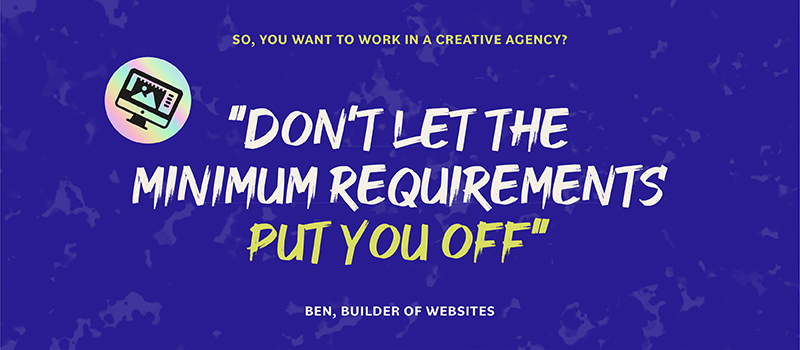
It’s a well-known fact that the skill requirements on most junior developer job listings don’t match up with the reality of the job.
Just because a role is advertised with a “minimum 5 years experience” does not mean that they will find a candidate that matches the criteria. Many junior developer roles still list trumped-up requirements like these, but don’t let that put you off, you may still be the best match for the role.
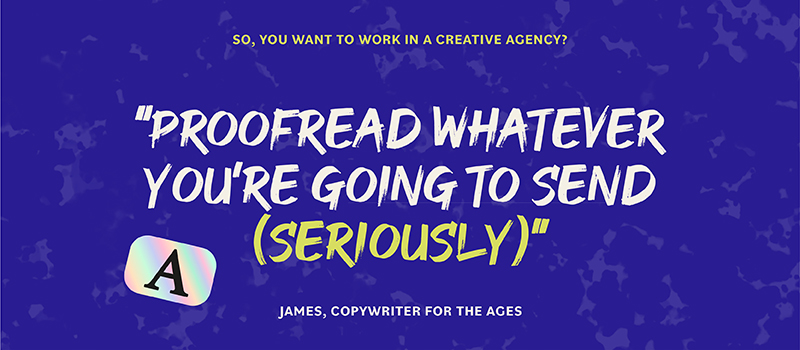
“I mean it, reread anything before you send it off to a prospective employer.”
Spelling and grammar is just as important in Design and Development as it is in Content. I know you’ve probably already read it more times than you’d like to but it can’t hurt to reread again. Try reading it aloud, try giving it to someone else to read. Leave it for a day or two and come back to it… then read it again.
No matter your role, proofreading is almost certainly going to be part of it, so it’s a good habit to get into.
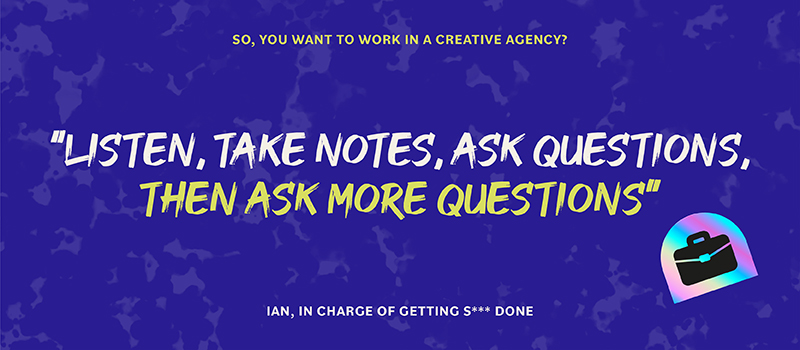
“Everyone was once the new person. Don’t forget to bring a notepad to every meeting, catchup and briefing session.”
In an agency, time is precious – so your notes will be what stands between you completing a task efficiently – and struggling. And, if you don’t understand what’s being asked of you, make sure you tell someone before you start.
Your Manager would much rather you reached out for help, instead of squandering away a day because you were afraid to admit you needed assistance! If anything, asking questions is a good thing – it shows you’re engaged and want to know more about what’s expected of you.”
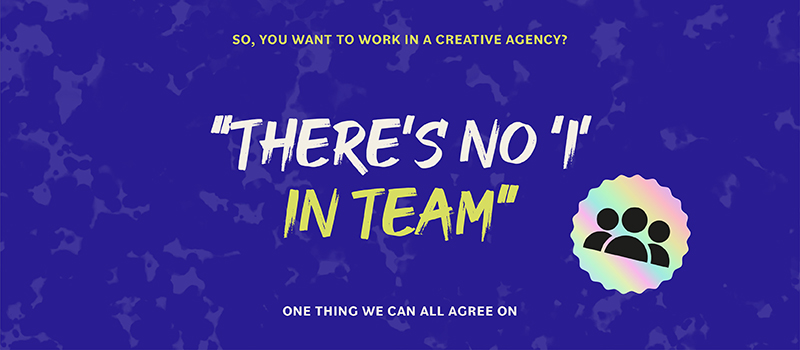
Coffee breaks and chats are vital for a healthy, creative working environment.
However, when things get busy (and they will) be prepared to knuckle down and get the job done. If that means working late – then so be it.
That doesn’t mean you should be working 24/7 (it’s really not good for you – your health and work will suffer). Whether you’re working from the office or from home (and we know which one is more likely), if the rest of the team is working late to finish a deck or a proposal – don’t sign off at 4pm.
Besides, if you love what you do, you won’t mind working over a bit every now and then!


Still the same great data driven services, but now with a different name